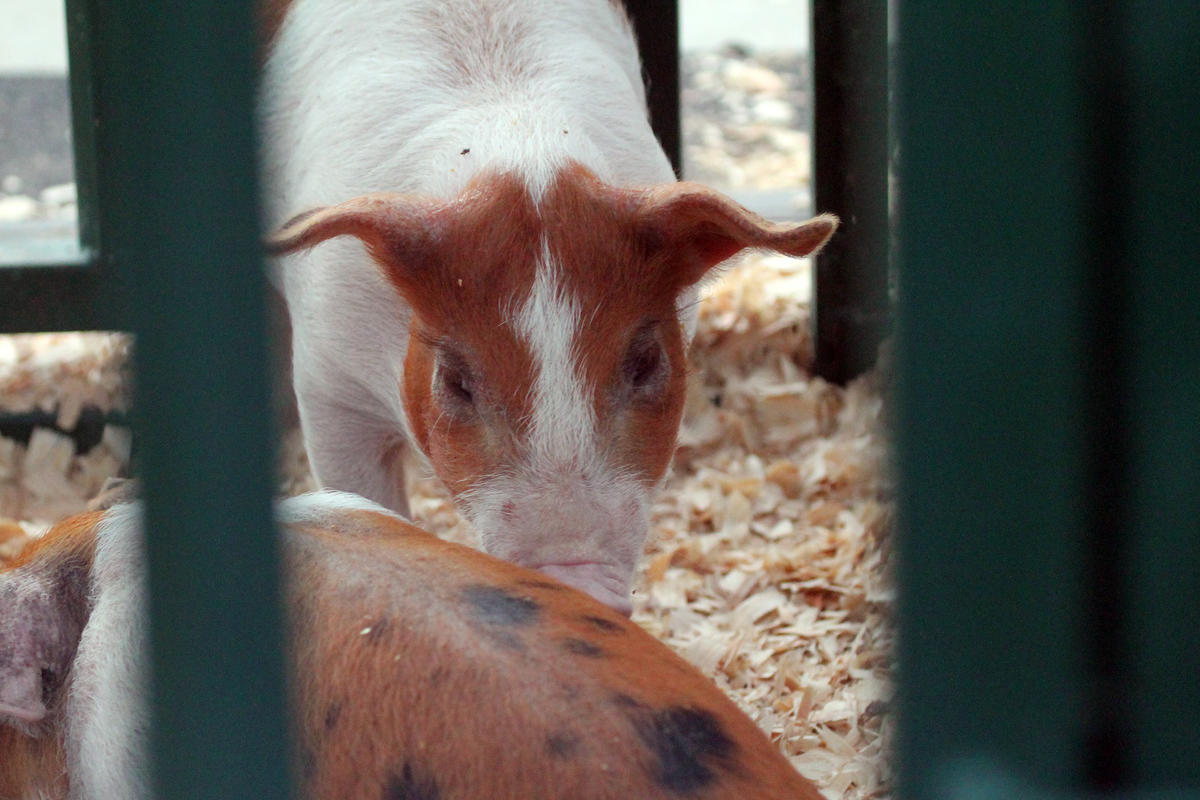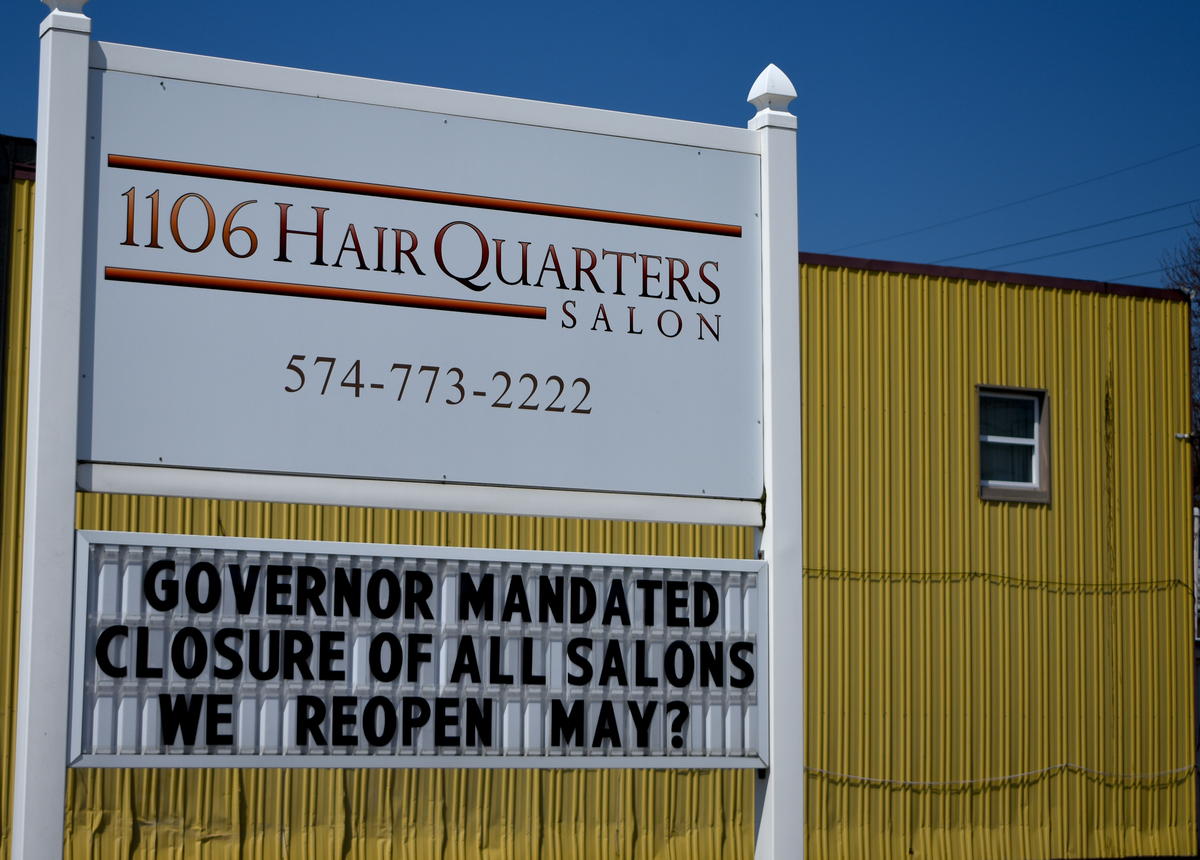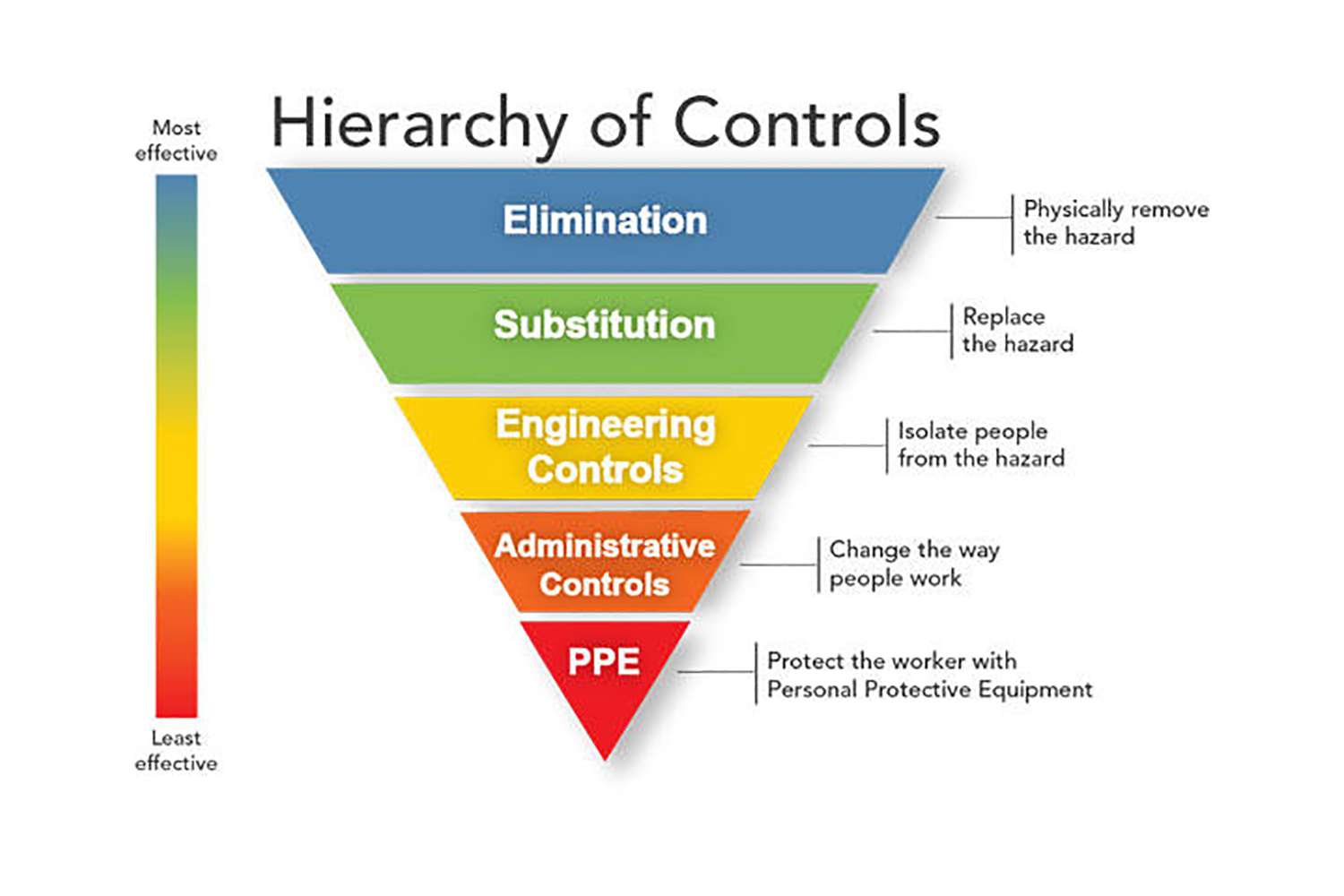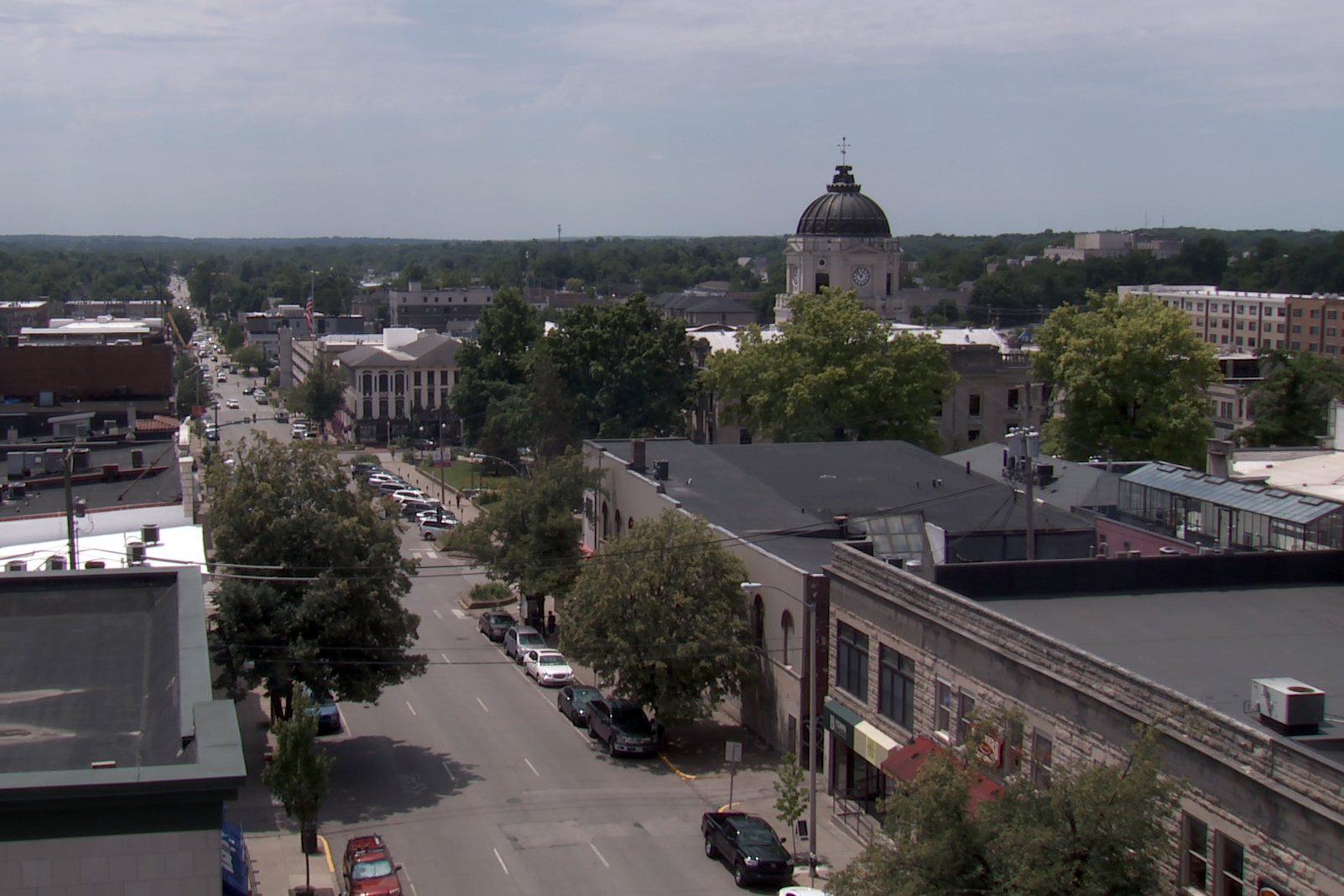
(Seth Tackett, WFIU/WTIU News)
Last week, Indiana Gov. Eric Holcomb announced he was extending Indiana’s “stay-at-home order” through May 1. He also announced his intent to ask businesses for input on how to begin reopening the state’s economy.
Listeners have been sending questions to our City Limits Series about how reopening the economy should be handled—and if the discussion is happening too soon.
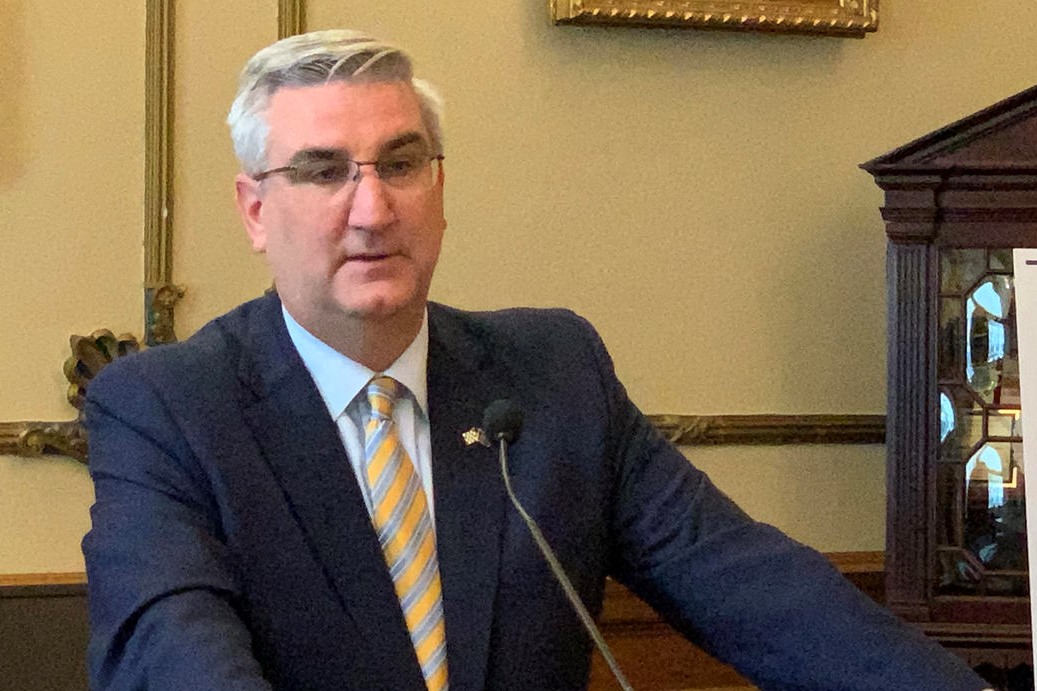
City officials, business owners, and economic experts weigh-in:
Bloomington City Council President Stephen Volan says given the high demand for financial aid from local businesses, the city is eager to find ways to re-open the economy sooner rather than later.
The city set up an emergency relief fund of $2.35 million for local businesses earlier this month. So far 19 requests for a loan have been approved totaling $460,000.
Twenty-one businesses have applications pending, and more than 100 others are still filling out requests.
Volan says he’s especially concerned about how the absence of students in Bloomington for the next few months will influence local businesses.
“Students literally make up half the population of the city," he says. "I can’t even imagine what that will be like here. But it will be a shock to the system that we have never experienced in our city’s history. I think that despite my misgivings about the virus, anything we can do to resume some economic processes here is something I and all my colleagues at city hall are concerned about doing.”
He says the city council is willing to consider increasing funds for financial aid to businesses, depending on how quickly the initial amount is depleted.
Aaron Butters specializes in economics and public policy as an assistant professor at the IU Kelley School of business.
He says COVID-19 has hit local businesses across Indiana hard. But reopening the economy doesn’t necessarily mean they’ll be saved.
“It’s only going to be when people feel safe that we’re really going to truly see that rebound and recovery that I think all of us are expecting and hoping can happen sooner rather than later.”
But some local business leaders don’t know how much longer they’ll be able to continue operating using a carry-out only model.
Ron Stanhouse has run the downtown restaurant, Crazy Horse, for the last 33 years and is the president of the Bloomington Independent Restaurant Association. He says operating a local business in the time of COVID-19 is brutal.
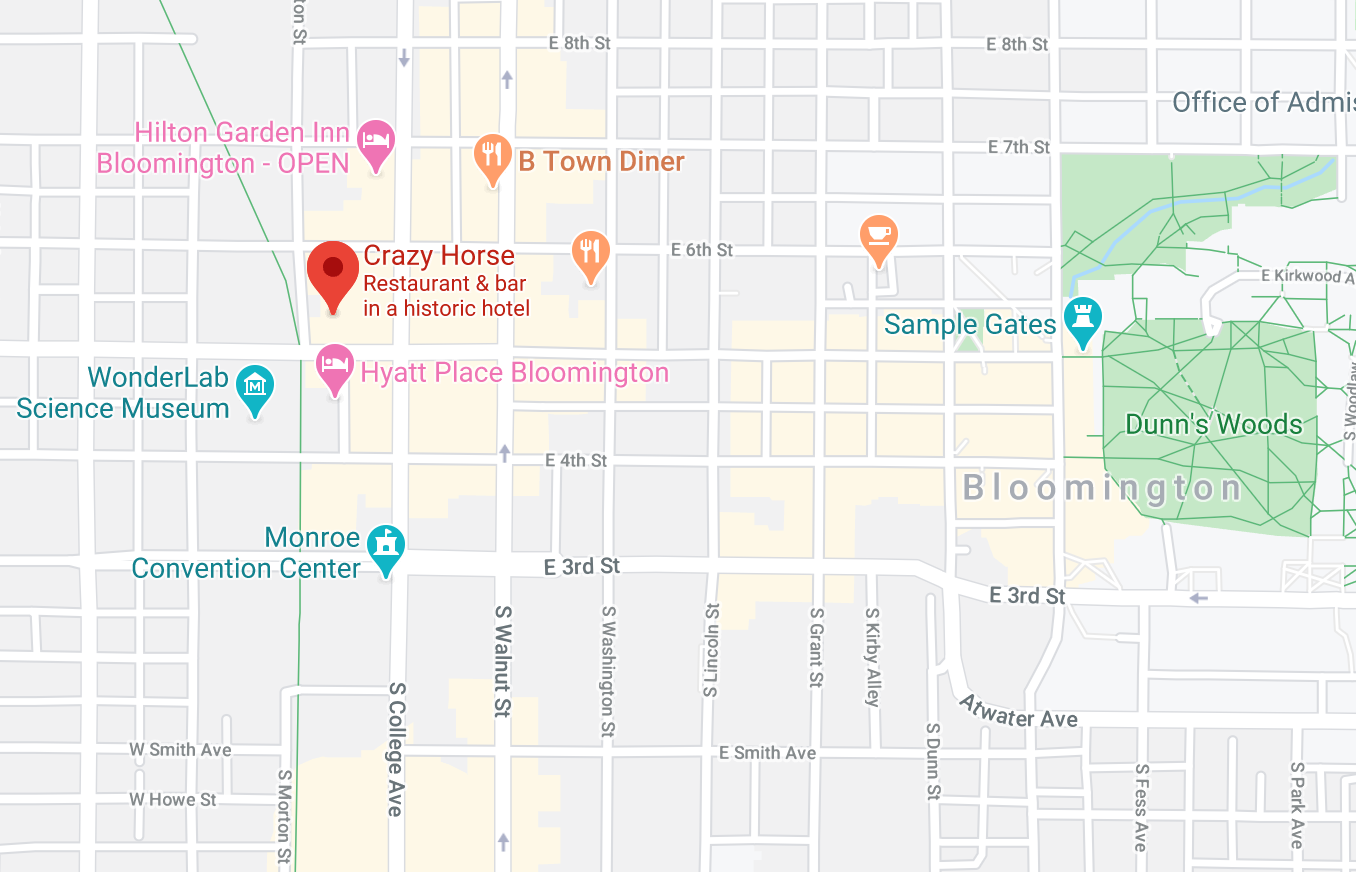
“It’s completely unsustainable, and I suspect that- my guess is that 25 percent of these restaurants aren’t going to reopen as it is,” he says.
Stanhouse applied for federal assistance from the Paycheck Protection Program but wasn’t accepted.
But, he’s hopeful more federal assistance for small business will be available soon, as Senate Democratic leader Chuck Schumer announced Tuesday more money would be added to the stimulus package for small businesses this week.
Stanhouse says Crazy Horse is bringing in about 10 percent of its normal revenues.
“We couldn’t make a profit under 50 percent of our sales..." Stanhouse says. "We’re just trying to manage our losses, and that’s what all the businesses are doing.”
He adds a lot of businesses made the call to close their doors completely during the governor's order. But he wanted Crazy Horse to remain open.
“We’re in a relationship business, and there’s maybe an obligation to our customers to serve them, maintain the relationship.”
Stanhouse says though COVID-19 has severely affected his business, he’s been moved by his customers’ support.
"I've been struck- it kind of makes me emotional- by the generosity of our customers and the gratuities they provide," he says. "It’s shocking how many people give a 20 percent, 40 percent, 80 percent-we got an 80 percent tip yesterday. They know of the struggle, and they understand.”
Stanhouse says he expects when Gov. Holcomb does reopen the economy, he will provide instructions on best practices for keeping customers and workers safe.
While businesses are concerned about surviving the next few months, the director of the Centers for Disease Control and Prevention, Robert Redfield, said this week that a second wave of the virus could be coming this winter, coinciding with flu season. Redfield says a second wave of the virus could be even more harmful than the first.
He warns that for states to prepare for a second wave of the virus, more testing must be available and social distancing should be encouraged.
For the latest news and resources about COVID-19, bookmark our Coronavirus In Indiana page here.







